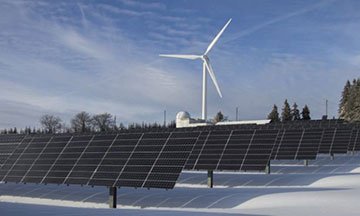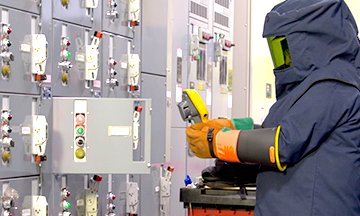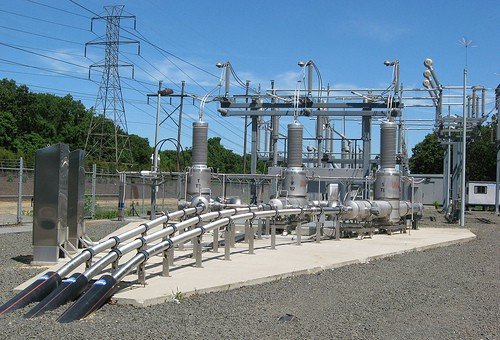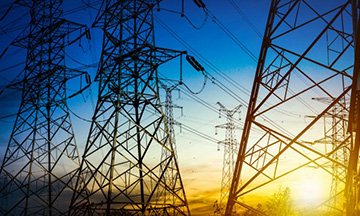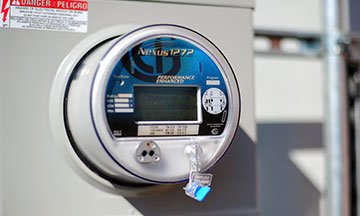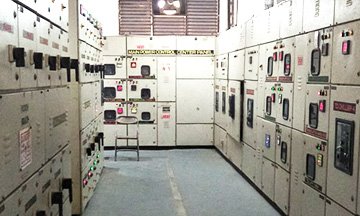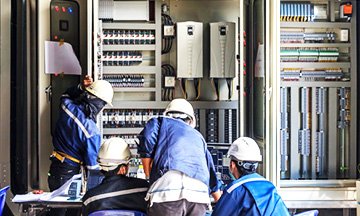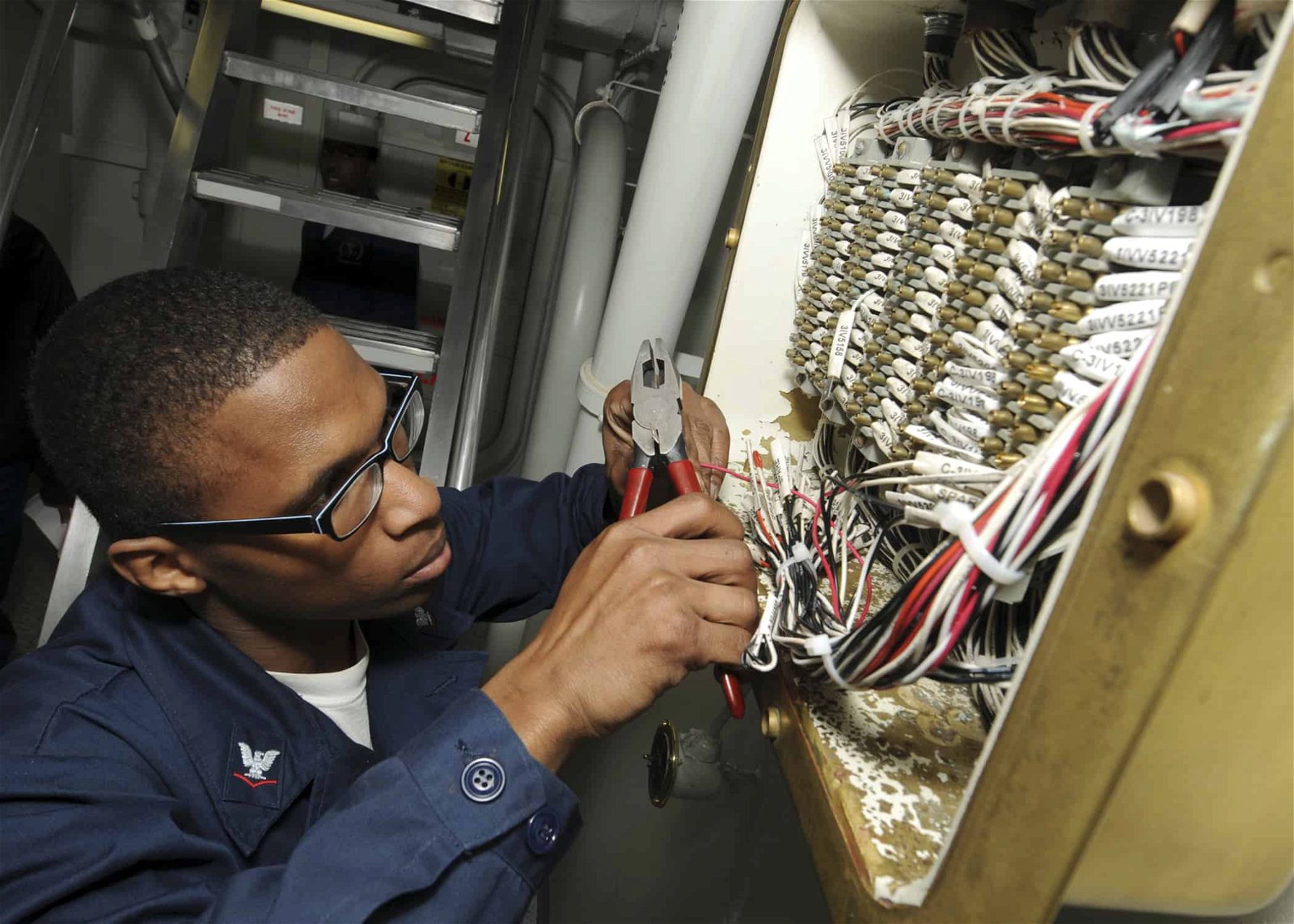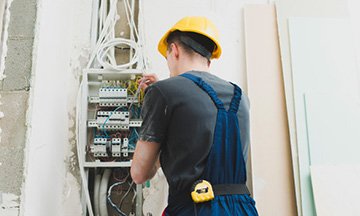Advanced Renewable Energy Engineering Course
| Date | Format | Duration | Fees | |
|---|---|---|---|---|
| 06 May - 17 May, 2024 | Live Online | 10 Days | $4495 | Register |
| 10 Jun - 21 Jun, 2024 | Live Online | 10 Days | $4495 | Register |
| 15 Jul - 17 Jul, 2024 | Live Online | 3 Days | $1750 | Register |
| 02 Sep - 06 Sep, 2024 | Live Online | 5 Days | $2250 | Register |
| 04 Nov - 15 Nov, 2024 | Live Online | 10 Days | $4495 | Register |
| 02 Dec - 06 Dec, 2024 | Live Online | 5 Days | $2250 | Register |
| Date | Venue | Duration | Fees | |
|---|---|---|---|---|
| 27 May - 07 Jun, 2024 | Dubai | 10 Days | $8775 | Register |
| 24 Jun - 05 Jul, 2024 | Athens | 10 Days | $9850 | Register |
| 24 Jun - 28 Jun, 2024 | Dubai | 5 Days | $4750 | Register |
| 03 Jul - 05 Jul, 2024 | Dubai | 3 Days | $3950 | Register |
| 12 Aug - 16 Aug, 2024 | Dubai | 5 Days | $4750 | Register |
| 09 Sep - 13 Sep, 2024 | Dubai | 5 Days | $4750 | Register |
| 16 Sep - 20 Sep, 2024 | Paris | 5 Days | $5695 | Register |
| 28 Oct - 01 Nov, 2024 | Dubai | 5 Days | $4750 | Register |
| 18 Nov - 29 Nov, 2024 | Dubai | 10 Days | $8775 | Register |
| 02 Dec - 06 Dec, 2024 | Dubai | 5 Days | $4750 | Register |
| 16 Dec - 20 Dec, 2024 | Kampala | 5 Days | $4950 | Register |
Course Overview
This Masterclass in Renewable Energy Engineering course provides an overview of the conversion principles and technology behind several renewable energy sources. It also inspects the issues involved in the combination of various renewable energy sources with factors like heat, power, and transportation. Based on the technical and sustainability challenges, the outlook for each of the sources and systems is discussed. Some scientific criteria like the Betz limit for wind and the limit of efficiency of WEC point absorber will be also covered.
The Renewable Energy Engineering training course will explore various new technologies, construction, merits and demerits of each type of renewable energy generation. This course will also consider methods of integration between renewable energy with the present grid system.
The Renewable Energy Engineering course aims to introduce a general engineering audience to the rudimentary concepts of renewable energy. State-of-the-art distributed energy systems and storage systems will be emphasised to meet the ever-growing demands of electricity.
What areas will this Masterclass in Renewable Energy Engineering course cover? The program will outline and provide descriptions and fundamentals of the different renewable energy technologies (wind, solar, bioenergy, hydro, and geothermal energy).
It will also provide a general overview of renewable energy technologies and applications and information on the costs of different renewable energy technologies.
Discussions regarding common technical and non-technical barriers and issues limiting the widespread use of renewable energy will also be encouraged among participants.
This Zoe training course will empower you with the consciousness of knowing the importance of renewable sources of energy, as well as how to go about planning and carrying out the maintenance activities efficiently.
Course Objectives
Upon completing this Masterclass in Renewable Energy Engineering course successfully, participants will be able to:
• Decide which components are to be used for which purpose
• Articulate the technical challenges for each of the renewable sources
• Distinguish the effects that current energy systems have over the environment
• Describe the main components of different renewable energy systems
• Analyse energy technologies from a systems perspective
• Relate different renewable energy technologies and choose the most suitable based on local conditions
• Perform simple techno-economical assessments of renewable energy systems
• Complete and compare environmental assessments of renewable energy systems and conformist fossil fuel systems
• Describe the fundamentals and main characteristics of renewable energy sources and their differences compared to fossil fuels
• Explain the technological foundation for connecting renewable energy sources
• Plan renewable energy systems that meet specific energy demands, are economically feasible and have a minimal impact on the environment
• Discuss how to utilise local energy resources to achieve a sustainable energy system
Training Methodology
This is an interactive Masterclass in Renewable Energy Engineering training program and will consist of the following training approaches:
• Lectures
• Seminars & Presentations
• Workshops
• Group Discussions
• Assignments
• Quizzes
• Case Studies & Functional Exercises
Just like all our courses, this program also follows the ‘Do-Review-Learn-Apply’ model.
Organisational Benefits
Companies who send in their employees to participate in this course can benefit in the following ways:
• Reduce unnecessary energy-related system downtimes in your organisation
• Obtain customised solutions to help correct the problem areas with your power grids and other equipment
• Improved safety and enhanced productivity
• Study the effects of major energy sources on transmission systems and their solutions
• Obtain experienced and skilled professionals to effectively manage energy sources and technologies
• Keep your company one step ahead with this all-inclusive overview of energy sources
• Gain a competitive advantage in the industry with more efficient system designs
Personal Benefits
Professionals who participate in this course can:
• Generate consciousness in understanding the types of renewable energy
• Understand the difference between renewable and non-renewable energies
• Appreciate the benefits of harvesting renewable energy
• Become aware of the importance of renewable energy generation
• Recognise the characteristics and operations of each type of renewable energy
Who Should Attend?
This training course is suitable for a wide range of specialists, but will greatly benefit:
• Project Engineers
• Electrical Engineers
• Management Professionals
• Power Generation Engineers
• Maintenance Technicians
• Transmission Engineers
Overall, this training will also suit those who need an overview of renewable energy technologies, would like to refresh technical knowledge, or want to make the first step towards implementing renewable energy projects.
Course Outline
MODULE 1: BASICS OF ELECTRICITY
• Energy: Past, Today, and Future
• Current, voltage, resistance, frequency
• Three-phase systems
• Active, reactive and apparent power
• Relationship between voltage, current and power, power factors
• Peak voltage and phase angle, different phase angles
• A brief history of energy consumption
• Energy & Environment
• Non-renewable energies
MODULE 2: APPLICATION
• PV system categories/application
• Introduction to inverters and mounting structures Physical aspects
• PV cell energy output
• Grid-connected and off-grid configuration Components of a PV system
• Overview of PV cell types, PV modules
• Electrical characteristics and the I-V curve
• Definition, Calculation and Example
• Economics of PV systems
MODULE 3: SOLAR ENERGY
• Solar Energy in the Past
• Solar Thermal Energy
• Basics of Solar Energy
• Solar Photovoltaic
MODULE 4: MARKET
• Introduction to the different CSP technologies
• Annual energy yield and system efficiency
• Capacity factor, water requirements
• Parabolic trough collectors, solar tower, Linear Fresnel, dish Other components of CSP plants
• Heat transfer fluids, thermal storage
• Cost of CSP
MODULE 5: WIND ENERGY
• Historical Background
• Wind Turbines
• Wind Resources
• Environmental Impact
MODULE 6: PHYSICAL BASICS
• Causes of wind
• Wind speed extrapolation to a certain height
• Roughness length and wind shear exponent
• Wind measurement Equipment
• Wind direction and wind rose, wind speed turbulence
• Light detection and ranging (LIDAR) and sound detection and ranging (SONAR)
• Wind speed units and density
• Wind speed change above ground
• The Weibull equation Wind turbine component
• Wind turbines – a range of designs
• Air density correction of power curves
• Rotor blades and nacelles
• Power control and power limitation methods
• Wind turbine power curves
• Air density correction of power curves
• Power control and power limitation methods
• Wind turbine power curves, power coefficient curves
• Energy yield calculation
• Tip-speed ratio Standards and norms
• Wind turbines – a range of designs
• Rotor blades and nacelles
• Planning step overview
• Wind turbine and wind farm siting OPEX, CAPEX and LCOE
• Investment costs (CAPEX)
MODULE 7: OCEAN ENERGY
• Ocean Energy Potential against Wind and Solar
• Tide Energy Technologies
• Wave Characteristics and Statistics
• Wave Energy Devices
• Tide characteristics and Statistics
• Ocean Thermal Energy
• Osmotic Power
• Ocean Biomass
MODULE 8: RESOURCE ASSESSMENT
• Hydro turbines (Impulse turbines, reaction turbines, turbine selection)
• Generators (synchronous, asynchronous, permanent magnet generator Costs
• Capital and operating costs
• Intake (arrangement, screens), power canal and forebay tank (power canal, forebay tank)
• Penstock pipe, powerhouse, tailraces Electro-mechanical equipment
MODULE 9: GEOTHERMAL ENERGY
• Geothermal Resources
• Geothermal Technologies
MODULE 10: COMPONENTS AND FEEDSTOCK
• Supply, storage and conditioning of feedstock, biogas Production: continuous-type digesters, vertical/horizontal digesters
• Digestate and Biogas: Storage, conditioning and utilisation
• Types of CHP units (Gas-Otto motors, Pilot Ignition Gas Engines, Stirling motors, Biogas micro-turbines, Fuel cells)
• Biogas upgrade
• Utilisation of digestate
• Energetical conversion of biogas
• Direct combustion, combined heat and power (CHP) generation
• Digestate as fertiliser, impacts of the utilisation of digestate
• Handling of digestate
MODULE 11: SYSTEM COMPONENTS
• Structure of small hybrid power systems
• Behaviour on a sample day, different set-ups
• Adding storage, energy efficiency and demand management
• Economic evaluation
• Cost structure of hybrid systems
• Levelized cost of electricity (LCOE)
• Generator minimum loadings
• Dynamic system behaviour
• Mini-grid vs. single household system
MODULE 12: RENEWABLE ENERGY PROJECTS
• General characteristics of a project
• The project realisation cycle
• ‘Investment’ and ‘Investment appraisal’, investment decision
• Assessing an investment’s attractiveness
• Financial management tasks
• Public and private investment appraisal, public support mechanisms
• The average lifetime of renewable energy projects
• End of life considerations
• Externalities of renewable energy projects
• Translating external, non-monetary effects
